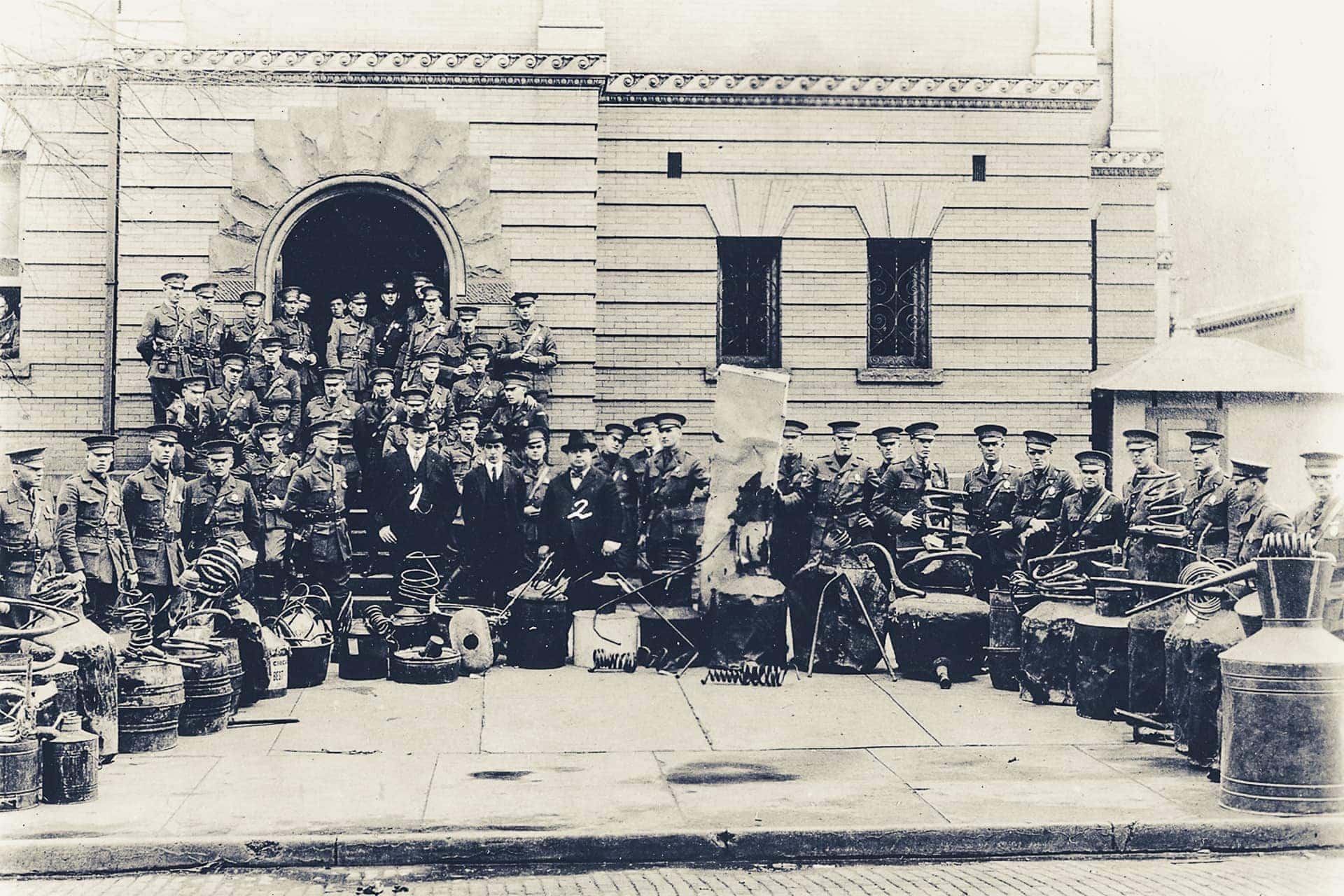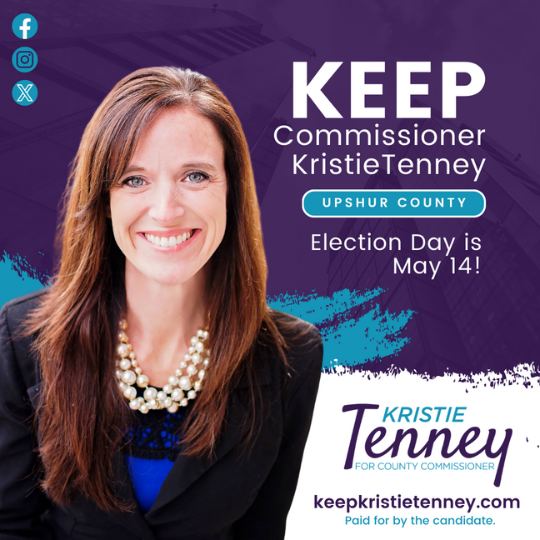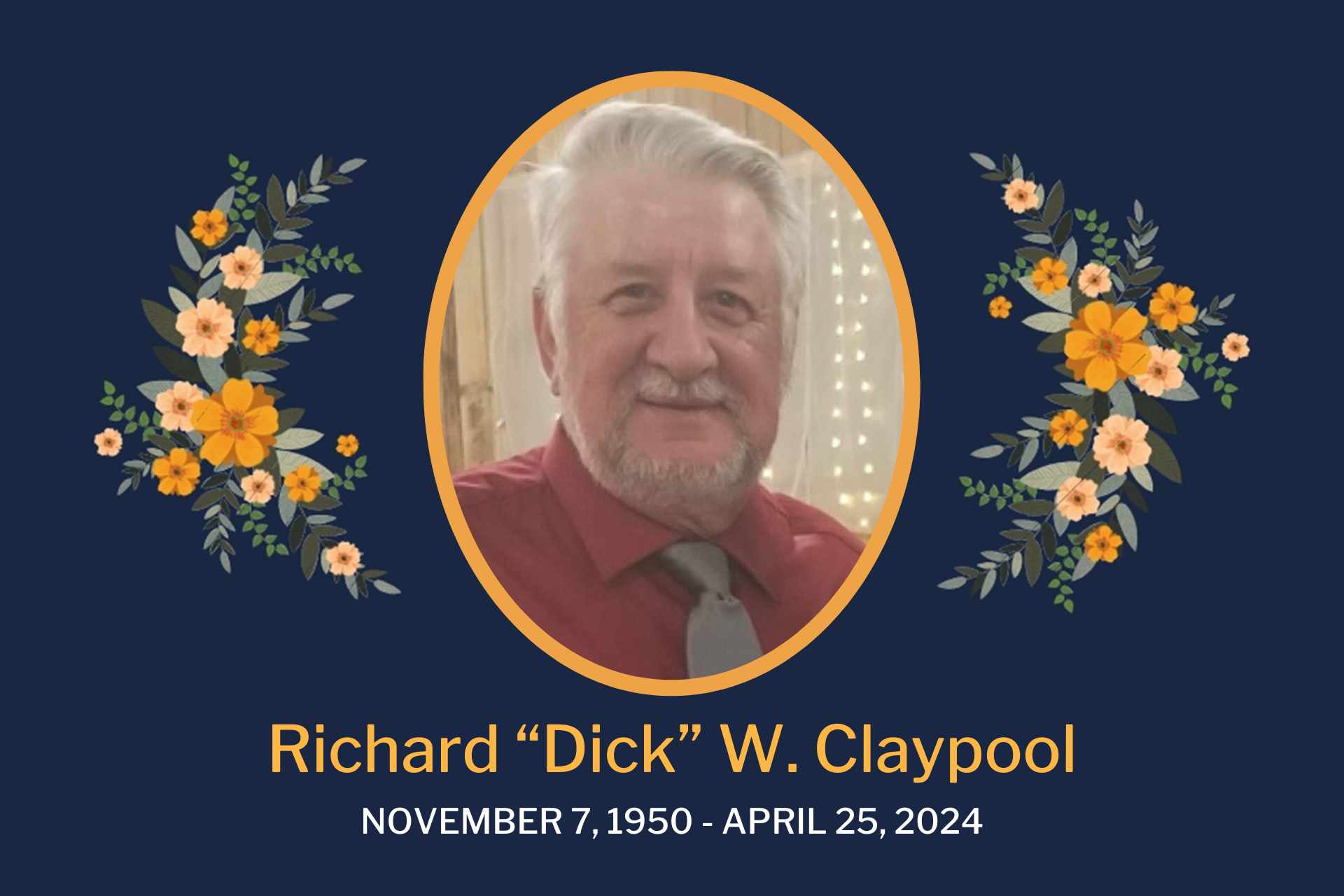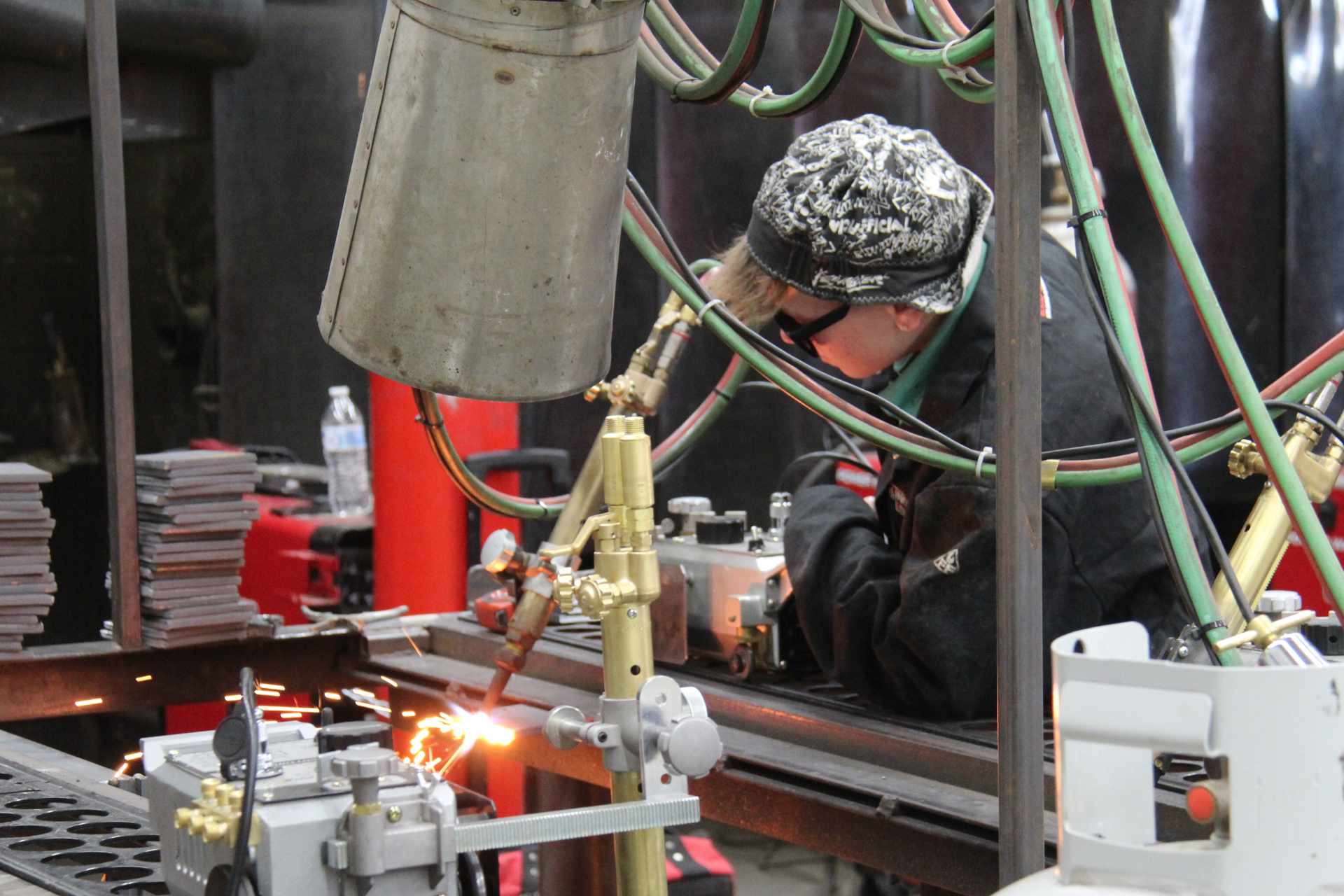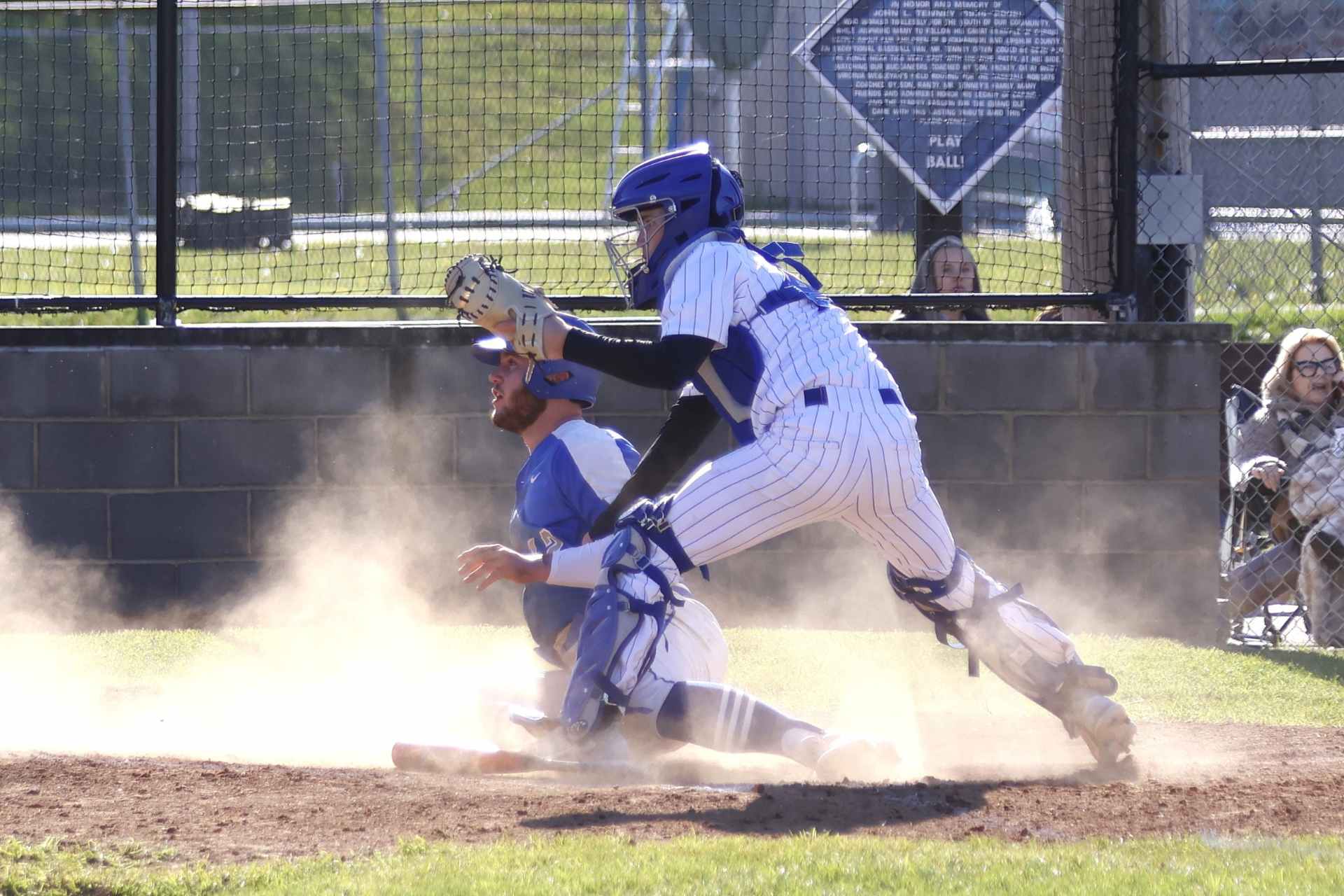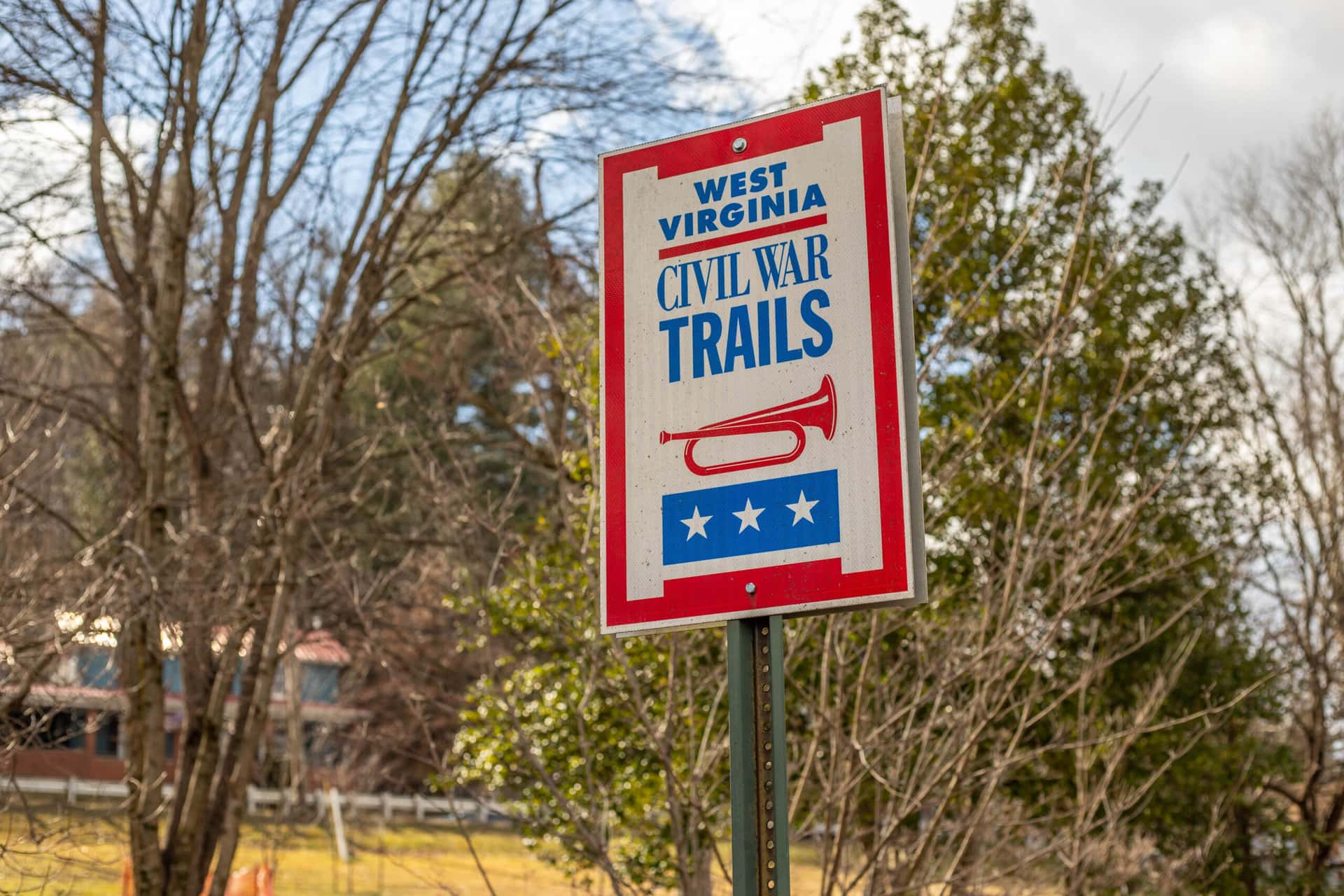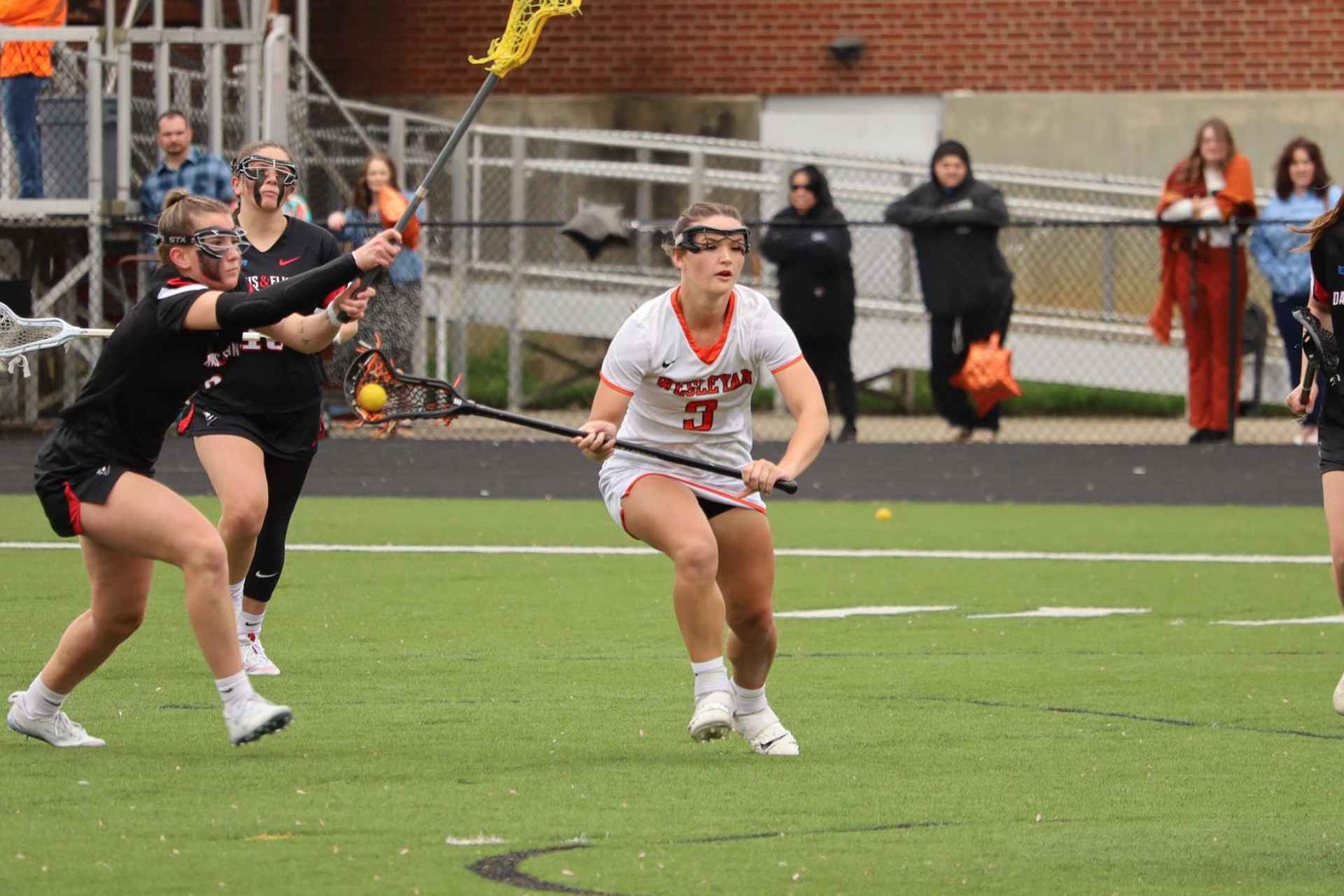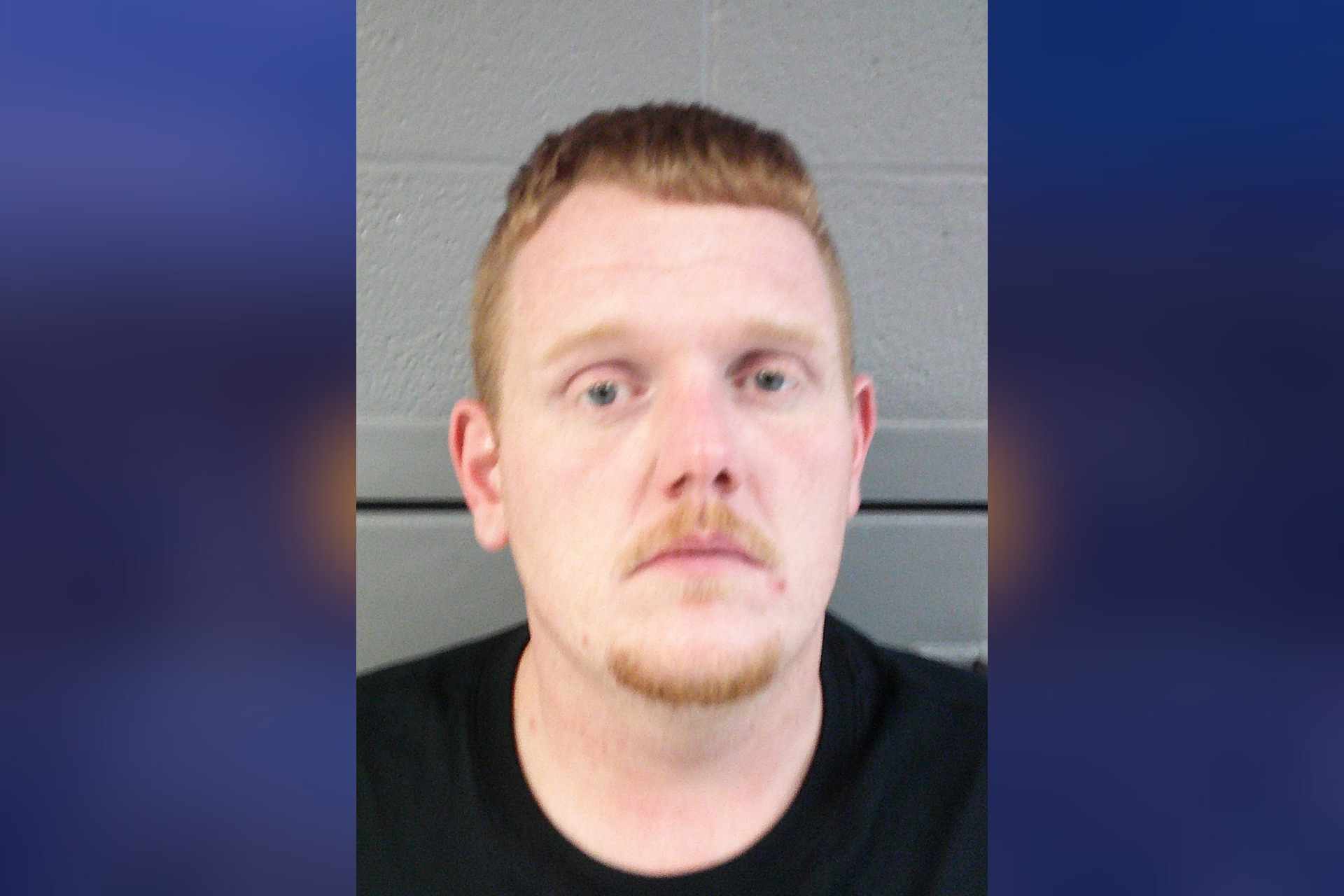Charleston, W.Va. – The following events happened on these dates in West Virginia history. To read more, go to e-WV: The West Virginia Encyclopedia at www.wvencyclopedia.org.
Jan. 8, 1866: William Gustavus Conley was born near Kingwood in Preston County. Conley was the 18th governor of West Virginia, serving from 1929 to 1933.
Jan. 8, 1919: The West Virginia legislature ratified the U.S. constitution’s 18th Amendment by a Senate vote of 26-0 and a House vote of 81-3. West Virginia became the 21st state to ratify the prohibition amendment. National prohibition became effective under the Volstead Act on January 16, 1920.
Jan. 8, 1926: Comedian Soupy Sales was born Milton Supman. Raised in Huntington and graduating from Marshall College (now Marshall University), he achieved fame as a wacky television personality.
Jan. 8, 1958: Passenger service on the Greenbrier Division ended. The Greenbrier Division, a branch line of the Chesapeake & Ohio Railway, served the Greenbrier Valley in Greenbrier and Pocahontas counties in West Virginia.

Jan. 9, 1911: Louise McNeill was born on the family farm in Pocahontas County. She was appointed poet laureate by Governor Jay Rockefeller in 1979, holding that title until her death in 1993.
Jan. 9, 1986: The first instant “scratch” lottery tickets were sold in West Virginia. Voters had approved the lottery amendment to the state constitution two years before.
Jan. 9, 2014: Hazardous chemicals were discovered leaking into the Elk River, contaminating the water supply for a nine-county region.

Jan. 10, 1846: Wetzel County was created from a part of Tyler County. It was named for Indian fighter Lewis Wetzel.
Jan. 10, 1860: Webster County was created from parts of Braxton, Nicholas, and Randolph counties. The county was named for Daniel Webster.

Jan. 10, 1923: Musician ‘‘Curly’’ Ray Cline was born in Baisden, Logan County. He was one of the most significant bluegrass fiddlers from West Virginia from 1938 until his retirement in 1993.
Jan. 10, 1925: Judge Elizabeth Virginia Hallanan was born in Charleston. She was West Virginia’s first female federal court judge.
Jan. 10, 1928: Gov. Howard Gore appointed Minnie Buckingham Harper to fill the unexpired term of her husband, E. Howard Harper. She was the first African-American woman to serve as a member of a state legislative body in the United States.
Jan. 10, 1940: The Pond Creek No. 1 mine at Bartley in McDowell County exploded. The blast killed 91 miners, with another 47 escaping. Rescue teams worked five days to retrieve the bodies, but found no additional miners alive.
Jan. 11, 1865: Confederate forces under General Rosser burned the covered bridge at Beverly. Bridge builder Lemuel Chenoweth rebuilt the damaged span in 1872-73.

Jan. 11, 1873: Dwight W. Morrow was born in Huntington. Morrow was a financier, diplomat and a U.S. senator, representing New Jersey.
Jan. 11, 1893: U.S. Senator Harley Martin Kilgore was born in rural Harrison County. Kilgore served as a senator from West Virginia from 1940 until his death in 1952.
Jan. 12, 1869: Newspaperman Herschel Coombs Ogden was born near Fairmont. In 1888, he relocated to Wheeling and entered the newspaper business.
e-WV: The West Virginia Encyclopedia is a project of the West Virginia Humanities Council. For more information, contact the West Virginia Humanities Council, 1310 Kanawha Blvd. E., Charleston, WV 25301; (304) 346-8500; or visit e-WV at www.wvencyclopedia.org.
